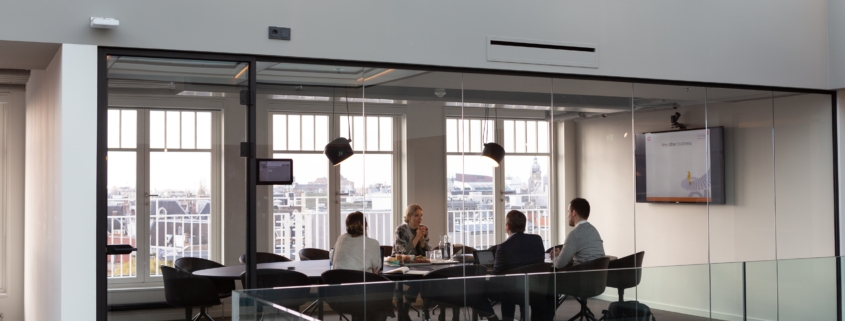Five Essential Tips for Deposing a Witness
A deposition day can be just as significant as a trial day. Deposing a witness can help an attorney unearth information that guides their strategy or secure dispositive evidence. But there is no reason to be overwhelmed by this vital litigation tool. There are several deposition preparation steps you can take to help ensure you conduct a successful deposition.
1. Be Clear About the Scope of Your Deposition
As the United States District Court for the Northern District of California notes, a deposition’s purpose is to aid you in discovering more evidence for your case or help you preserve witness testimony. But don’t stop at concluding whether you need a deposition for discovery or testimony; you also need to decide what specific information you will seek from a deposition.
Once you determine your specific deposition needs, completing the remainder of your preparation becomes easier. If you know the scope, you know what questions to ask and how to manage your exhibits.
It is also helpful to be clear with opposing counsel about the scope of a deposition (without unnecessarily exposing your strategy). If you and opposing counsel understand the purpose of a deposition, there should be less opportunity for irrelevant objections and frivolous questioning.
2. Review Interrogatory Responses and Other Discovery and Evidence You Already Have
If you already have discovery from opposing counsel, review it before and after you establish the scope of your deposition. You should also evaluate the evidence you have from your own investigations. Knowing what evidence you currently have helps you refine your questions and save time and money during the deposition.
3. Make a Checklist of the Questions You Want to Ask and the Questions or Objections You Anticipate from Opposing Counsel
Even the best practitioner can become distracted during a deposition. Sometimes technology fails, witnesses give unexpected answers, or the other attorney challenges you more than you anticipated. By keeping a checklist of the information you need and noting each time you receive what you need, you can keep yourself calm and on task.
When your checklist includes questions and objections you anticipate from opposing counsel, you are more aware of what can go wrong and how to adapt. Your deposition checklist can also be a useful precursor and study tool for your trial preparation checklist.
4. Prepare Your Witness
Whenever you are taking testimony from your client or another witness, witness preparation is key. Not only do you want to go over your prepared questions and the scope of the deposition with your witnesses, but you also want to make sure your witness knows what to expect.
A deposition can be odd to a layperson. There is no judge present, and you are not in a courtroom. Your witness might observe you and the other attorney make several objections that receive no response and have confusing discussions about going off the record. This can quickly fluster the average witness and affect the quality of their testimony. To combat witness confusion, speak to them thoroughly about what happens during a deposition and what is expected of them when there are objections or exchanges about going off the record.
5. Choose a Good Location for the Deposition
A comfortable and professional setting for your deposition can make a world of difference to your outcome. A deposition room equipped with the proper technology for deposition recording and other tools you will need is an important asset. Depositions are stressful enough, so you don’t need the strain of an inadequate deposition location to hinder your goals. At Aptus Court Reporting, we can secure a deposition room that is ideal for your needs. This service is free of charge if you set your case with us.
Our Litigation Support Tools Have You Covered
You can find the deposition support you need at Aptus Court Reporting. Our pool of talented and reliable California court reporters can create clean and accurate records for your litigation purposes. We also provide top-notch technology for presenting evidence, conducting remote proceedings, and managing your case. Call us at 866-999-8310 to help with all your case preparation needs.



 Photo by Carli Jeen on Unsplash
Photo by Carli Jeen on Unsplash